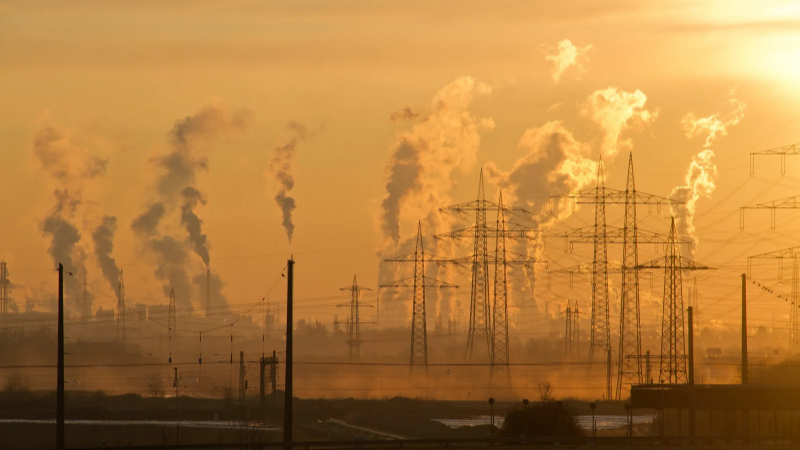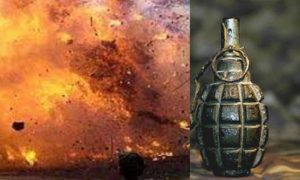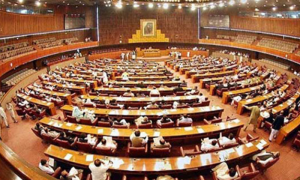According to a World Bank report, Dhaka is among the top polluted cities in the world.
According to a World Bank report published in Dhaka on Sunday, the deadly breathing zone created due to constant air pollution in Bangladesh claimed between 78,145 and 88,229 deaths in 2019.
Air pollution puts everyone from children to the elderly at risk, the World Bank said. It added that air pollution had cost about 3.9% to 4.4% of the country’s GDP last year.
The capital city of Bangladesh will be the 2nd most polluted city in the world from 2018 to 2021. This pollution is increasing breathing difficulties, including cough, lower respiratory tract infections, and depression, along with other health problems again.
According to the report, heavy construction and permanent roads in Dhaka have the highest levels of air pollution, with an average of 150% above the WHO’s air quality guidelines.
The title of this report was “Breathing Heavy; New Evidence on Health and Air Pollution in Bangladesh.” It also discussed the effects of outdoor air pollution on physical and mental health.
“A 1% increase in PM2.5 (particulate matter) exposure above WHO’s air quality guidelines (AQG) is also associated with a 20% higher risk of depression,” the report says.
Read Also: Air Pollution Posing Threat to Human Lives
The situation is getting worse.
Abdus Salam, a professor at the Department of Chemistry at Dhaka University who has been working and studying the country’s air pollution for two decades, estimates that the death toll due to air pollution could be much higher than what the UN lender said.
“About 10 years ago, Bangladesh took action and reduced air pollution, but now again the situation has worsened,” he told Anadolu Agency.
He added that government agencies need to take effective and visible steps to improve the situation.
“Brick kilns contribute 12-13% of air pollution, while gas emissions from vehicle production, uncovered construction work and passive air pollution are among the main causes of the worst quality of air in Dhaka and other parts of the country”.
Air pollutants are also transported to Dhaka city through various routes from countries such as India and Nepal, Salam said, suggesting the use of refined gasoline in vehicles and diplomatic efforts to reduce air pollution.
“Preventing air pollution is important for the development and growth of a sustainable and green country,” said Dandan Chen, World Bank Country Director for Bangladesh and Bhutan.
























